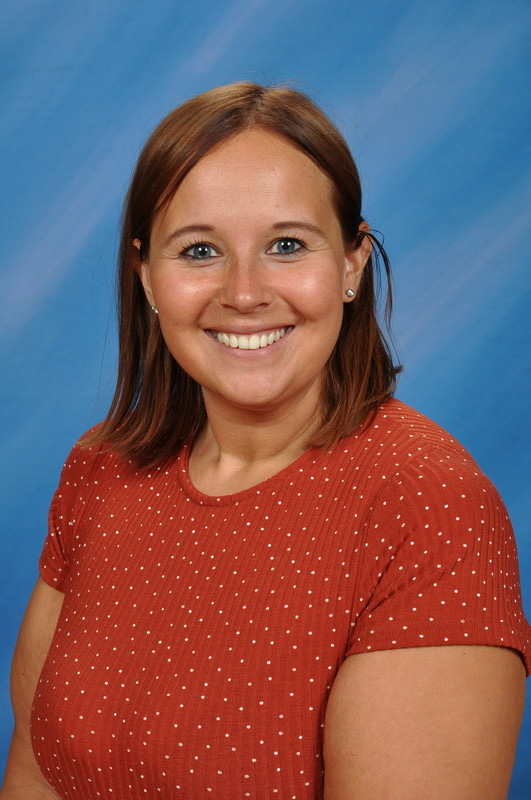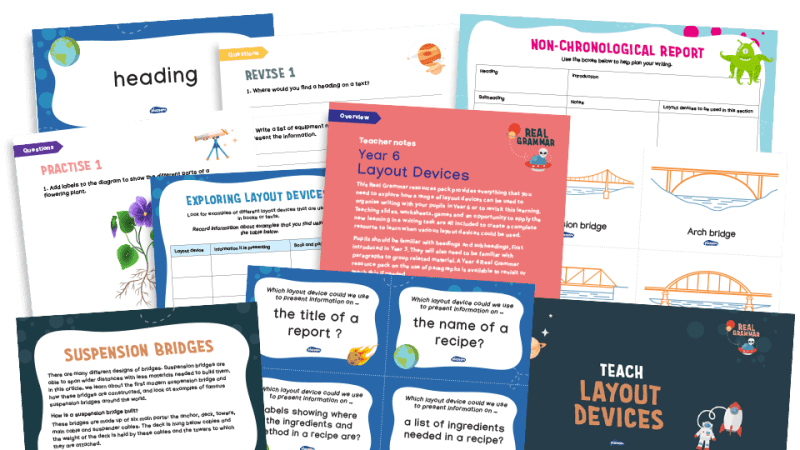Whole-school literacy – why we use tutor time for reading

Liz Alexander describes how her school sought to boost its students’ grasp of vocabulary by allocating portions of daily tutor time to reading…

At Bedminster Down School, we were acutely aware of the vocabulary gap faced by many of our students.
With more demanding vocabulary featuring across all GCSE subjects, we accepted that we all had a responsibility to promote reading, and had seen growing evidence that students with poor reading ages would perform poorly in other subjects, including Maths.
40% of our cohort are on the Pupil Premium register. A study by GL Assessment published earlier this year found that 44% of students receiving free school meals were reading at an age-appropriate level at 15, compared with 55% per cent of non-FSM students.
Last summer, one of middle-ability PP students left his English Language exam, stating, “Miss, I couldn’t do the writing question. It asked us to write a story with the title ‘Abandoned’, but I didn’t know what ‘abandoned’ meant.” This may seem shocking to you – it was to me – but it illustrates the extent of the problem – that we vastly underestimate the words that our students don’t know.
Eight books annually
Knowing that we needed to significantly increase our students’ exposure to words, we reasoned that the best way to do that was through reading. Students will encounter more words – and more difficult words – through reading a text than they’re ever likely to hear in everyday speech. The way forward was to therefore task them with reading challenging texts every day, and for that reading to underpin our tutor time model.
In September 2019, we launched our tutor time reading programme. Four days per week, for 20 minutes at a time, our form tutors will read books aloud whilst each student follows along using a tracker in their own copy of the book. This means that our students will read a minimum of approximately eight books annually, so that by the time they leave, they will have read 40 challenging, age-appropriate books.
The books we use are chosen from a list provided to us by Greenshaw Learning Trust, which has had excellent success with this model. We’ve tried to select thought-provoking texts that represent a range of genres and expose students to culturally and morally relevant issues, such as refugees, disabilities and discrimination. To support vocabulary building, our tutors will list synonyms for words that the students might not fully understand.
We’ve invested heavily in the model – both financially, by purchasing 2,500 books, and in the provision of accompanying staff CPD. To help teachers build their confidence when reading aloud, we set aside a day of Inset so that they practise alongside their colleagues and receive assistance from an external drama expert.
Etymology and morphology
Our literacy initiative also has a second strand, which is to explicitly teach our students unfamiliar vocabulary. By focusing on the words’ etymology and morphology, we hope to equip our students with the skills and confidence they’ll need to independently decode unfamiliar words themselves. Another effect of this focus on unfamiliar vocabulary has been subtly shift our teachers’ pedagogy in all subject areas.
Keen to continue our daily reading activities during lockdown, we recently launched an online platform that teachers can use to read a section of a book each day. I was delighted when more than 50 staff – both teaching and non-teaching – volunteered to take part.
Unfortunately, the abrupt and premature end to our time in school has prevented us from completing any detailed analysis of the project’s success to date. September 2019 saw every student in the school sit an NGRT reading age test, which we’re planning to repeat at the end of the school year to assess their progress.
However, we’ve heard plenty of anecdotal success stories from staff, students and parents. My favourite has to the low ability PP boy in Y11, who proudly told me that he loved Roll of Thunder Hear, My Cry so much that he borrowed it from his local library to read again and recommended it to his mum. That alone suggests a job well done!
Liz Alexander is head of English at Bedminster Down School, Bristol











